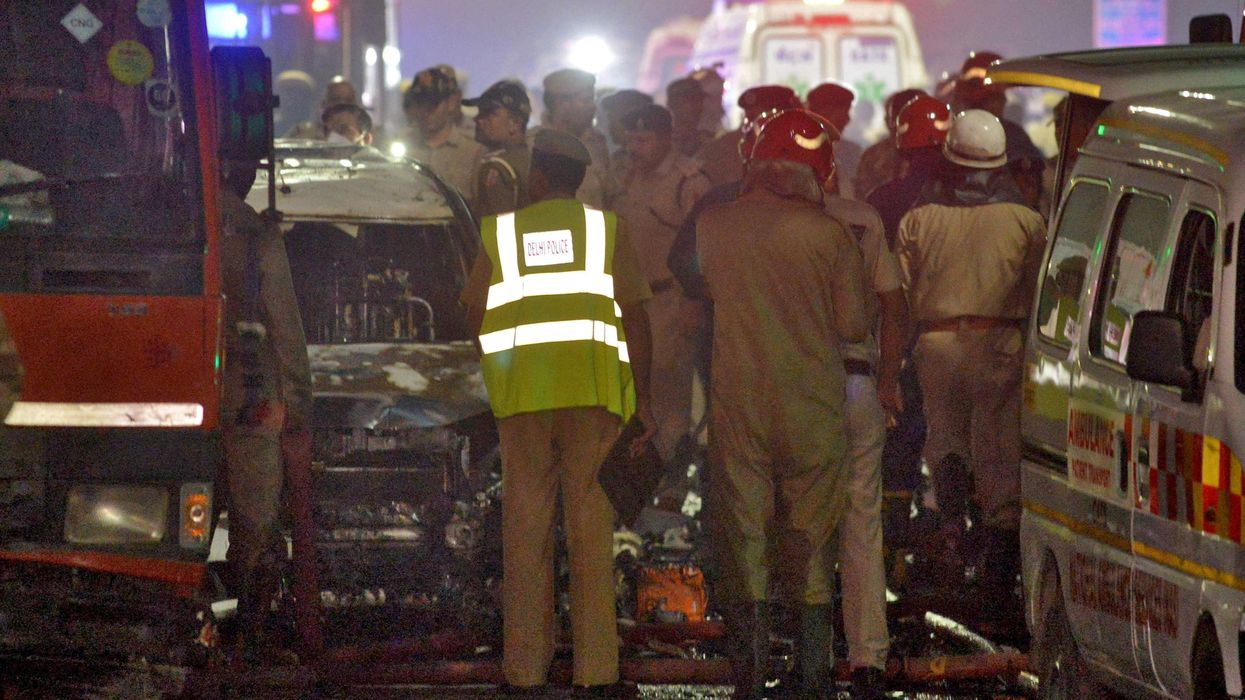More than 80 private COVID-19 travel testing companies are being issued a two-strike warning from Monday that they could be removed from the official government-approved list for misleading prices if they fail to rectify discrepancies.
UK health secretary Sajid Javid said his department conducted a “rapid review” of the pricing and service standards offered by approved testing companies of the mandatory day two and day eight test, required by all international passengers entering Britain including from India.
Of the providers listed on the official GOV.UK platform, 82 providers – making up around 18 per cent listed – were identified as displaying lower prices than are available on their own website at the point of checkout.
A total of 57 companies will be removed from the GOV.UK list from Monday as they no longer exist or don’t provide day two and day eight testing.
“It is absolutely unacceptable for any private testing company to be taking advantage of holidaymakers and today’s action clamps down on this cowboy behaviour,” said Javid.
“57 firms will be removed from the GOV.UK list and a further 82 will be given a two-strike warning – if they advertise misleading prices ever again, they’re off. We are also introducing regular spot checks this week to make sure all private providers follow the rules and meet our high standards of transparency,” he said.
The official UK government platform will be updated to reflect the true cost of the tests, with warnings being issued throughout the week to companies that they will be removed if they advertise misleading prices again.
The Department of Health and Social Care (DHSC) said that as part of the ongoing review, regular spot checks will be introduced from this week to make sure companies are complying with the rules to ensure prices displayed are accurate, providers are legitimate and companies have not changed their name to get back on the list.
The findings of the review will also be shared with the UK's Competition and Markets Authority (CMA) to support their own review of the market and align recommendations and actions.
The DHSC said the action will help ensure consumers can trust the testing providers listed on GOV.UK and only the most reliable companies are available.
Tests booked for travel with companies not listed can still be used for travel, providing those companies meet legal requirements.
Earlier this month, it was confirmed that passengers will benefit from cheaper travel testing packages. As of August 13, the cost of NHS Test and Trace tests for international arrivals were reduced from £88 to £68 for green or fully vaccinated amber arrivals, and from £170 to £136 for two tests for amber arrivals who are not fully vaccinated.
India now falls under the list of amber arrivals, with mandatory day two and day eight tests in place following entry into the UK.
Since the review of the tests began, the DHSC said it has analysed and improved processes for managing the private provider list on GOV.UK, including introducing more stringent checks on pricing.
Guidelines will be published in due course to the market addressing pricing and service standards, it added.












